Are you struggling to lose weight? Try our Mindfulness Eating Script for weight loss to become fully aware of the "WHY" you are eating & the "WHAT" you are are eating. We can't wait for you to try it today. It's a game changer!
Have you tried fad diets and self-imposed food restrictions but gained all the weight right back? You are not alone!
Maintaining a healthy diet and lifestyle are not a quick fix and cannot be solved based on will power alone. You must get to the bottom of “Why” you are eating in the first place.
Today, we are going to share with you a psychological approach that gets to the root cause of overeating and emotional eating. This guided holistic mindful eating approach along with an exercise tool called the Mindfulness Eating Script for Weight Loss is a game changing solution. With dedicated practice and a good coach, you will see positive results that can last a lifetime.
Are your ready to have a healthy relationship with food and live a healthy life? Let’s dive into what makes this novel mindful eating approach so effective.
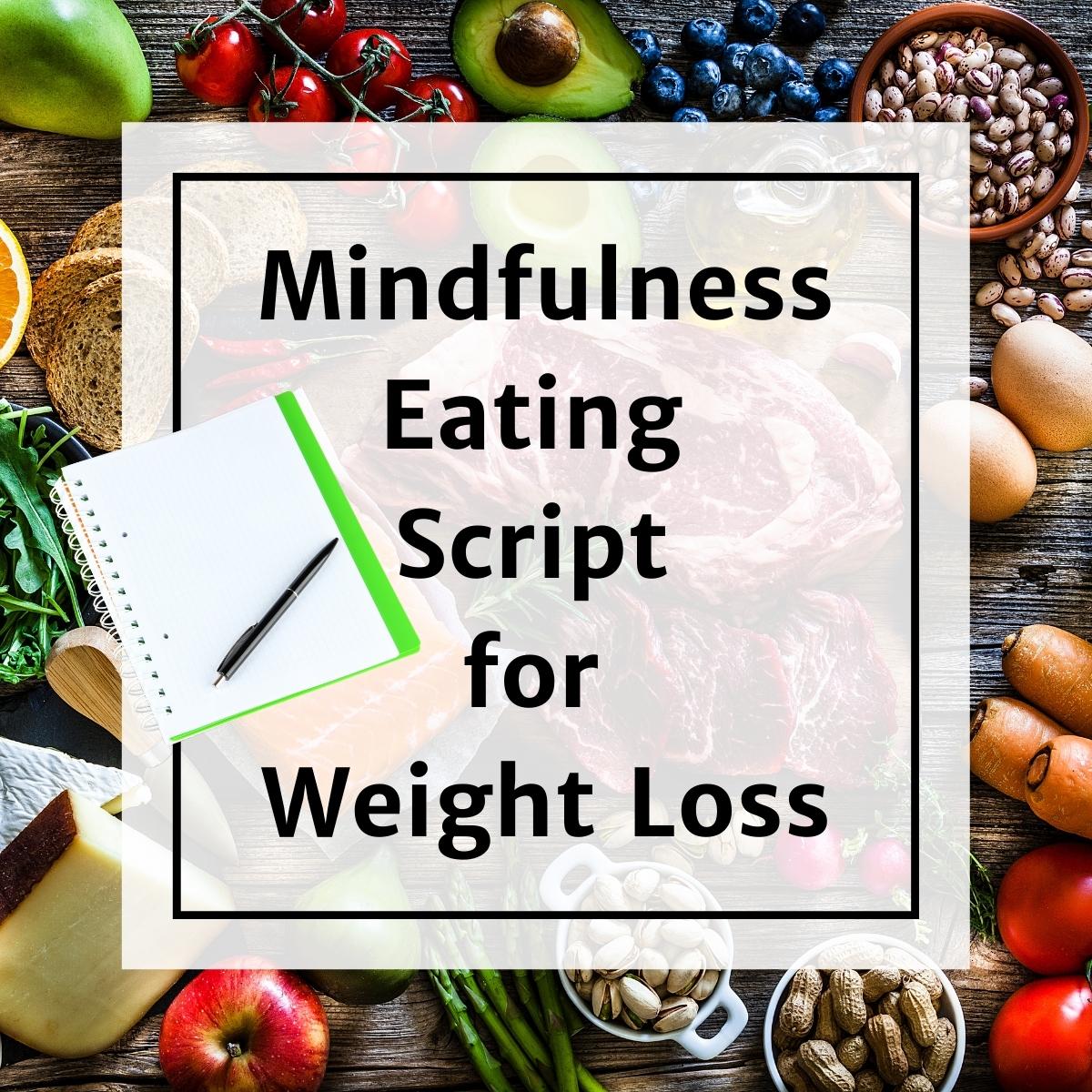
Jump to:
- So, what is Mindfulness?
- What is Mindful Eating?
- Who is the Founder?
- Can it Help Me?
- How Does it Work?
- Physical Hunger vs Emotional Hunger
- What are the Benefits?
- Eating Affirmations Basics
- Rituals of Mindful Intuitive Eating
- Mindful Eating Exercise Script
- Final Thoughts
- Frequent Asked Questions (FAQ’s)
- Healthy Tips For Happiness Educational Posts
So, what is Mindfulness?
Let’s start out with defining some basic concepts.
In simple words, being Mindful means to pay careful attention to every moment that we live in. It is a discipline that encourages us to take good care of ourselves by being deliberate and present in the moment. Mindfulness makes one become more “mind-aware” and “body-aware”.
What is Mindful Eating?
Do you ever find yourself with a bag of chips on your lap on the couch while you are watching TV and can’t believe a half a bag is already gone? Have you ever just eaten because it is time to eat but are not hungry? These are all examples of NOT being mindful while you are eating.
Mindful eating is about being aware of all your senses, emotions and triggers that make you want to eat. Do you eat because you are sad, scared, depressed, bored, and overwhelmed or because you are physically hungry?
A key to this process includes gathering sensual awareness of the whole eating experience. It brings more deliberate attention to the food that we eat self-checking our emotions, satiety and not just fullness cues. It trains the brain to reinterpret the signals from the body, urging one to “Eat only when physically hungry and stop when feeling satisfied”.
Who is the Founder?
One application of “Mindful” or “Mindfulness” comes from a scientist, author and practicing Zen Buddhist - Jon Kabat-Zinn. He is the founder of the Mindfulness-Based Stress Reduction (MBSR) Program at the University of Massachusetts Medical School. Kabat-Zinn shared his teachings in his book Full Catastrophe Living (1990), outlining therapeutic techniques using meditation, yoga, journal writing, breathing techniques and other strategies to help people understand how to reduce stress.
Can it Help Me?
Mindful therapeutic techniques have helped patients overcome chronic pain, anxiety, and depression by getting to the “real” core reason behind the problem. More recently, clinicians, such as mind body eating coaches, have helped numerous patients have a healthy relationship with food and weight management using this same type of strategy. If you have trying to lose weight due to health condition or have had issues keeping the weight off, mindful therapeutic techniques and therapies may be good option for you.
Today, we are going to zero in on the Meditation technique using a Mindfulness Eating Script for Weight Loss that will help you get some answers about the “WHY” you are eating. Before we start on that, let’s review some basic concepts.
How Does it Work?
This therapeutic technique helps you develop a healthier relationship with food by dissociating emotional hunger with food. This is accomplished in several different ways that include:
- Teaching you to become aware of your physical hunger by connecting your mind and the body through self-awareness.
- Acknowledgement of your emotions and feelings around the eating experience.
- Increasing your awareness of the physical sensations in your body and your response to food.
- Re-establishing the lost connection with your own internal biological clock. As a child, you were probably taught to eat everything in front of you and as programmed by the time of day. Being mindful will teach you to eat only when feeling “real” hunger – not just because it is 6 o’clock dinner time. In addition, you don’t have to clean your plate.
Physical Hunger vs Emotional Hunger
Is it actual real physical hunger or is it emotional hunger? Emotional hunger is a term for a psychological need that really can’t be met with eating - it just masks the underlying problem. For example, are you sad, lonely, stressed, bored, overwhelmed, or tired? Are you reaching for food to soothe your self because you have an unmet psychological need?
According to the Mayo Clinic, here are the difference between emotional hunger and physical hunger…
| Emotional Hunger | Physical Hunger |
| Comes on suddenly | Comes on gradually |
| Crave certain foods | Open to eating any food |
| Not satisfied with fullness | Feel full and can stop eating |
| Feel guilt or shame | Don't feel bad |
What are the Benefits?
- Helping you to develop body respect.
- Avoiding binge and emotional eating which are the two main causes for excessive weight gain.
- Recognizing the reasons and the motivations behind “why” you are eating.
- This process makes us more responsible while choosing the ingredients for our meals. It turns cooking into a meditative practice.
- It brings focus to the day and avoids the anxiety and guilt associated with eating food.
- Prevents the epidemic of disordered eating or eating disorders like bulimia, anorexia, etc.
- The mindful eating challenge works at the cognitive level. It allows us to question the ‘WHY’ behind whatever we are doing.
- Most importantly, the Mindful Eating conscious living methodology can help us with our choices in other areas of our lives as well.

Eating Affirmations Basics
- Honoring our Self: First things first. Please do not diet to meet someone else’s standards on body shape and size. The emphasize should be acceptance of yourself for who you are and where your potential lies, so you can find a happy journey towards your goals.
- Have no guilt: When you eat because you are truly physically hungry, it is nourishing for the body. There is no need to feel guilty or anxious about eating to survive. Food should no longer be labeled as either good or bad.
- Eat from Abundance not Scarcity: Have you ever stopped buying something at the grocery store because you felt you might eat the whole bag of cookies in one day if you did? If you gave yourself unconditional permission to eat something when you wanted to at any time, you might not eat that whole bag in one sitting. You might say to yourself, I will eat 2 cookies today, but I know I can have more on another day because it will still be there for me.
- Body respect: This new way of intuitive eating will help you exercise self-control and eliminate emotional eating. One can develop body-respect and body-positivism by addressing the actual unmet psychological needs that are leading to one’s overeating. After you find the underlying cause of your need to soothe your feelings with food, you can start the healing process.
- Feed your physical hunger but soothe your emotional hunger with other non-food strategies. We will talk more about that in the Step By Step Checklist section below.
- Grocery Shop with Purpose - The best place to start is with your grocery shopping. The more you learn about who grew your food, how your food was grown and the cultivation process, the more intentional and thoughtful your grocery shopping will become. Don’t forget to take note of the quality of the ingredients and eating in season too.
Rituals of Mindful Intuitive Eating
- Set your intention to eat.
- Allow time to eat, sit down- savor each bite.
- Eat to honor your physical hunger, recognize it and act in time.
- Move away from distractions. Turn off the TV, social media, emails, or other distractions.
- Have small conversations – avoid lengthy discussions around food.
- Chew your food slowly and eat slowly before moving on to the next bite of food.
- Reconnect with the body’s natural signals - Watch for satiety. Stop when satisfied.
- Be grateful for every morsel.
- Stop food abuse - manage emotions without food, address them for what they are.
- Gain nutrition knowledge - Learn about nutrition, about food and about your body.

Mindful Eating Exercise Script
Try applying this guided meditative process during your next meal, with a single raisin, or even a slice of orange. This mindful eating script is adapted from the mindfulness expert, Jon Kabat-Zinn, who says “When we taste with attention, even the simplest foods provide a universe of sensory experience.”
Step By Step Checklist
Step 1: Read the script at a slow and steady pace.
Step 2: Recognize your hunger.
- First, are you physically hungry?
- Does everything in the refrigerator sound good to you or only that piece of pie or bag of chips? If everything and anything looks good, it is probably hunger. On the other hand, if you are only craving that one piece of pie or salty chips, that is not “true physical hunger” but “emotional hunger”.
- Is your body sending physical signals such as your stomach rumbling or feeling shaky or irritated?
- If you are not physically hungry, check your emotions. Are you sad, overwhelmed, stressed? Food will not fill the void of the emotional support you need. Do not eat if you are not hungry. Instead, address your emotional needs or try these suggestions to learn how not to think about food.
- Call a friend.
- Write in a journal.
- Get a breath of fresh air.
- Get organized.
- Make a to do list.
- Exercise and burn off that excess negative energy.
- Read Love Your Liver to help you reduce anxiety and stress.
Step 3: If you are physically hungry, say your prayer or express gratitude with the food in front of you.
Step 4: Observe the food, its smell, its color, its form, texture, and temperature.
Step 5: Take the first bite, don’t chew it straight away. Close your eyes.
- Feel the food in your mouth.
- Does it remind you of something?
- Have you eaten this food before?
- Did it smell the same?
- Slowly bring all your conscious attention to your mouth, tongue, food, and flavor.
Step 6: Now chew it! Slowly, slowly chew it at least 15-20 times. Chew thoroughly until the morsel turns into a fluid completely. Now, “drink” your food. Did you know that chewing (also known as mastication) is one of the most important steps in digestion? Chewing your food well makes it easier for nutrients to be broken down for absorption to help Nourish your Body.
Step 7: Check your thoughts.
- Do you have racing thoughts trying to distract your attention from the bite?
- Are you in a rush to swallow before you thoroughly have chewed?
- Does your mind wander away and do you have to work harder to refocus on the food in your mouth?
Step 8- Repeat and enjoy this meditative process until the meal is complete or more importantly until you feel satiated or even just before. Please take note on how your relationship with food changes just by becoming aware of what you are eating and how your body is reacting to the stimulus of food.
Final Thoughts
Food can either help or hinder. As human beings, we are preprogrammed to eat food for survival. Often activities in our lives go unnoticed until things get out of balance. If you are reading our Mindfulness Eating Script for Weight loss post, most likely you are looking for a weight loss solution.
Rather than downloading a mindful eating app or going on a 30-day weight loss challenge, invest in learning about your body, reconnect your mind with your body and come off the autopilot eating habit. If you would like assistance in becoming a more Mindful eater, hiring a Mindful Eating coach is a great place to start.
Truly, we are what we eat. The art of mindful eating is a way of living that can transform our health and our relationship with food. It is not a one time, and you are done type of change. It is a lifestyle change.
Frequent Asked Questions (FAQ’s)
Mind Full is being overwhelmed and lots of thoughts going on inside your mind. Whereas being mindful is being cognizant of your thoughts and how it is affecting your body.
1. Use distraction such as calling a friend, going for a walk, work on a project that is not food related.
2. Remove yourself from the kitchen or other places where your food is stored.
3. Journal about your feelings, assess them and make an action plan to fix the things that can be fixed and accept those that can’t.
4. If you are tired, your brain will sometimes make you think you need to eat because it needs glucose to keep working. Maybe it would be better to go to bed early or take a short nap.
5. Try drinking a warm cup of herbal tea without any sugar, honey, or cream. Cinnamon tea, especially, is a natural appetite suppressant.
Healthy Tips For Happiness Educational Posts
Want to learn more? Subscribe to our Newsletter and follow along on Facebook, You Tube, Instagram, and Pinterest for all the latest updates.
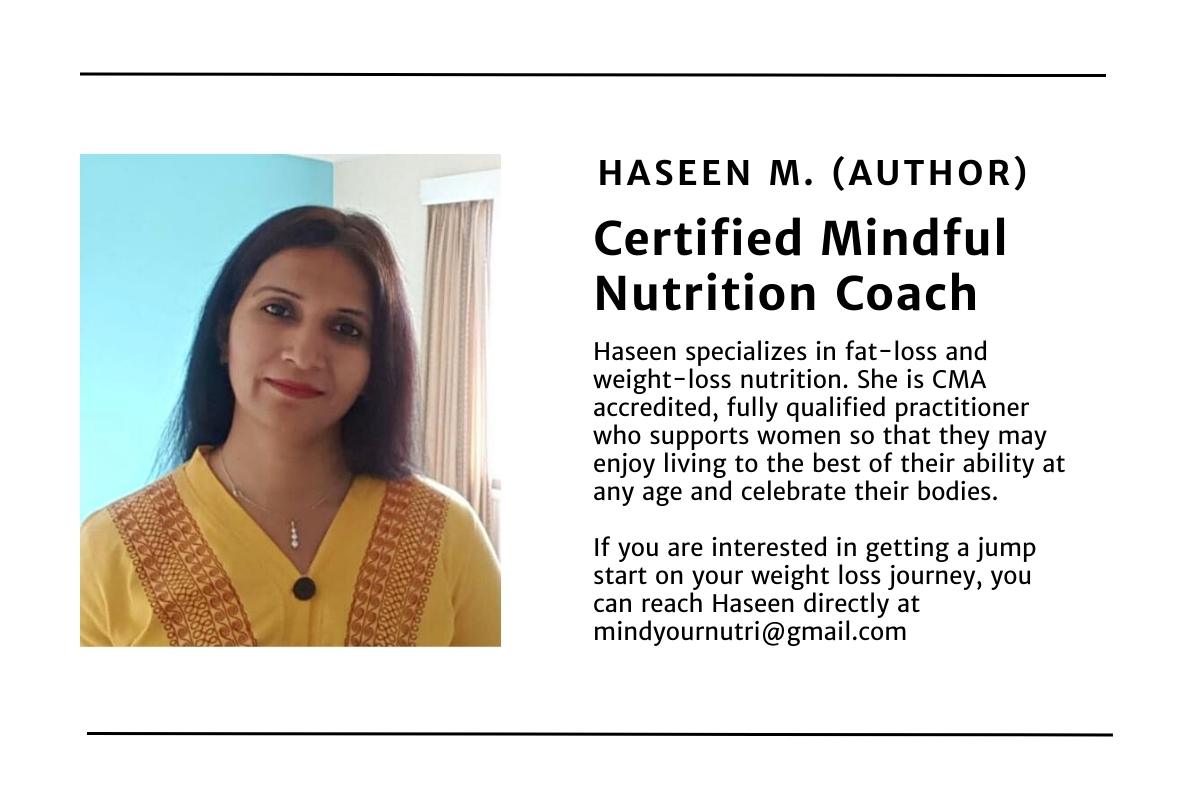


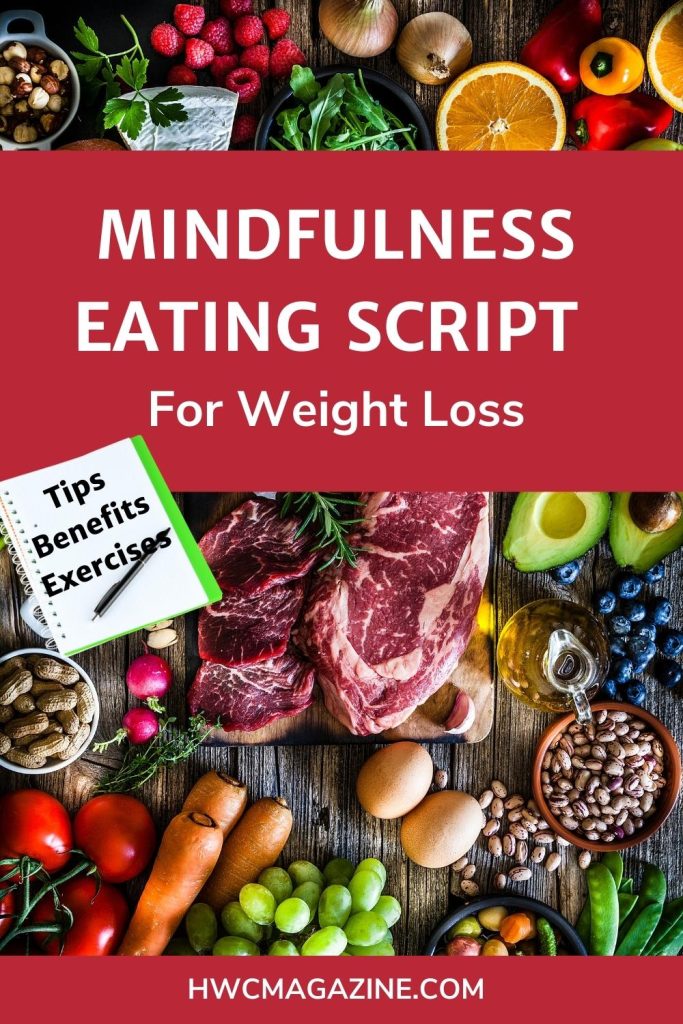
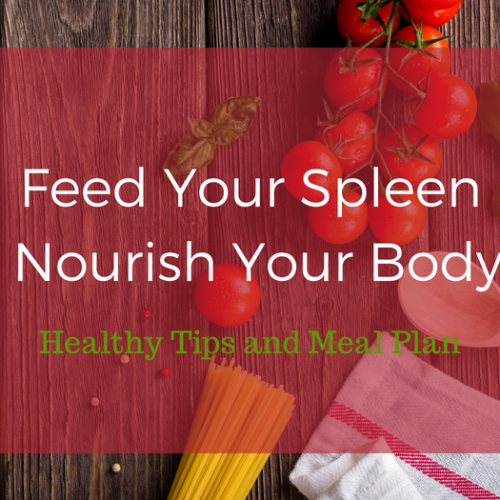

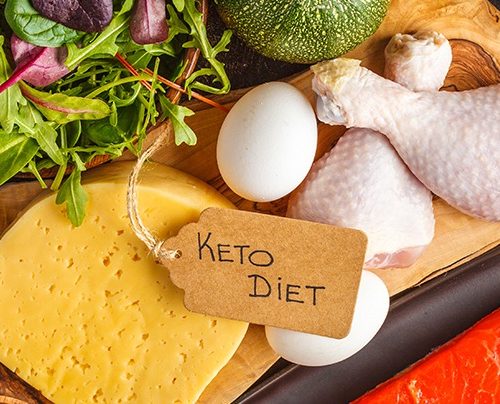
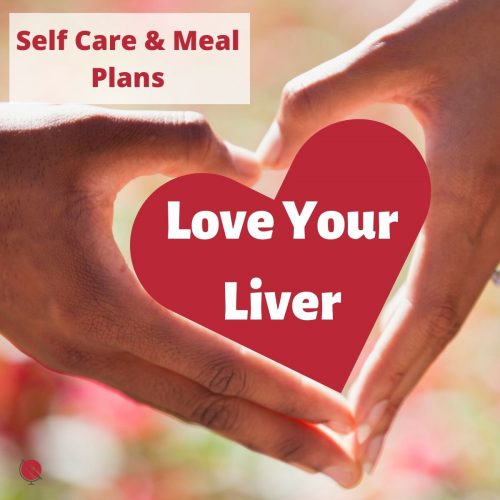

Hannah says
Mindfulness is so important just for maintaining and fully appreciating the food you have, not just weight-loss!
HWC Magazine says
Absolutely! We all too often get caught up in the busy day and forget to live in the moment. Appreciate the little things in life.
mjskitchen says
Excellent post. I really struggle with emotional eating so I definitely love the ideas on just not doing that. The hardest thing for me to do is to "stay out the kitchen". 🙂
HWC Magazine says
Thank you MJ. Emotional eating is so difficult to deal with, isn't it. Then, it becomes a habit. Give this Mindful Eating Script a try along with practice and see if it can help. Take Care
John / Kitchen Riffs says
Great post -- so loaded with info. I've often thought, for those of us in the northern hemisphere, that we should make diet "resolutions" around this time of the year. Warm weather activities get us outdoors exercising more, and with all the fruit and vegetables in the markets, it's easier to eat a healthier diet. Plus it's not baking season for most of us, so one less temptation!
HWC Magazine says
Thank you John. After a long hard winter that extra fluff...needs to go (smiling). It is so much easier to be mindful when the weather is nice and the sun is shining. That is for sure.
Eha says
A very interesting post I shall read again later to fully absorb . . . Since I am more than 'greedy' to live as long a happy and healthy lofe as possible I have always tried to live a mindful life. Most of so regarding food . . . as you would fully know 🙂 ! No diets, no fixed rules . . . just sense ans sensibility occasionally doing 'the wrong thing' for a brief moment . . . 😉 !!!
HWC Magazine says
That is fantastic news Eha. Living in the moment can be very difficult with such a busy life but doing so makes for a more fulfilled life. Stay well and stay strong.
Abbe@This is How I Cook says
Sounds like this will be a great course. I know I eat from stress and I am definitely a sugar or salt freak. Thanks for the tips!
HWC Magazine says
We have found this to be the case with many individuals, you are not alone. Course coming up soon.